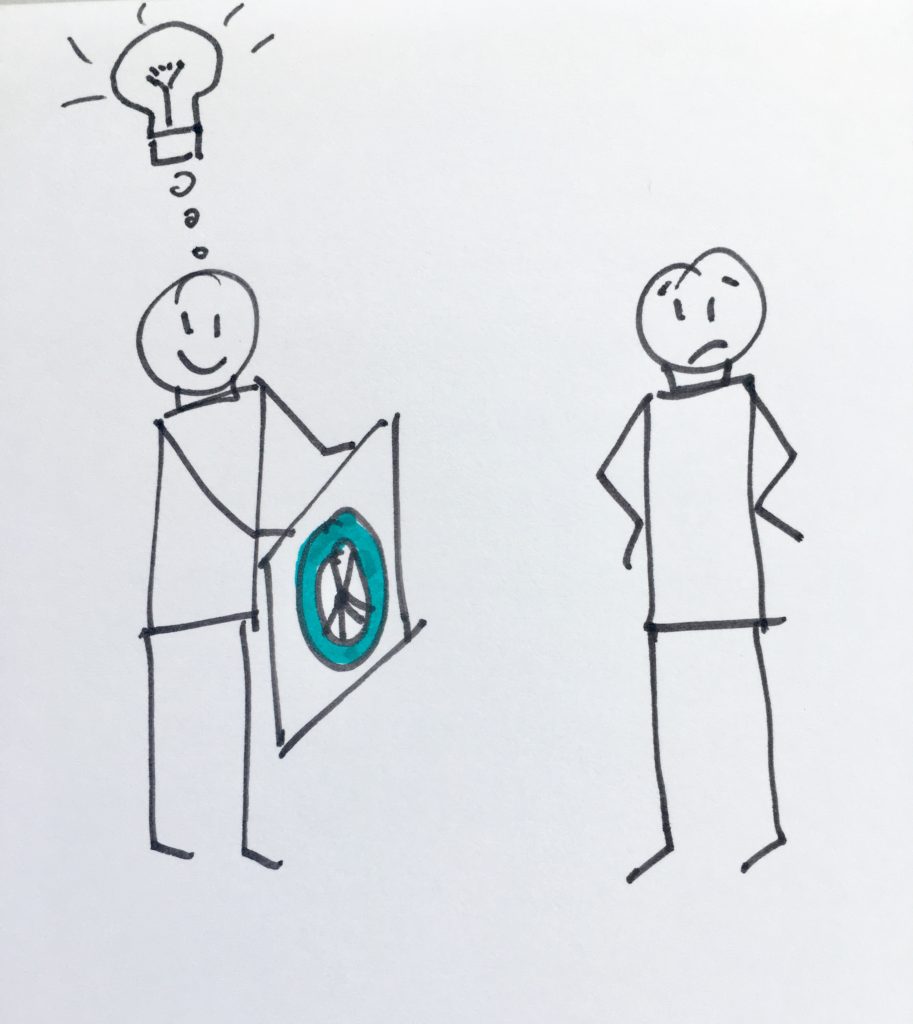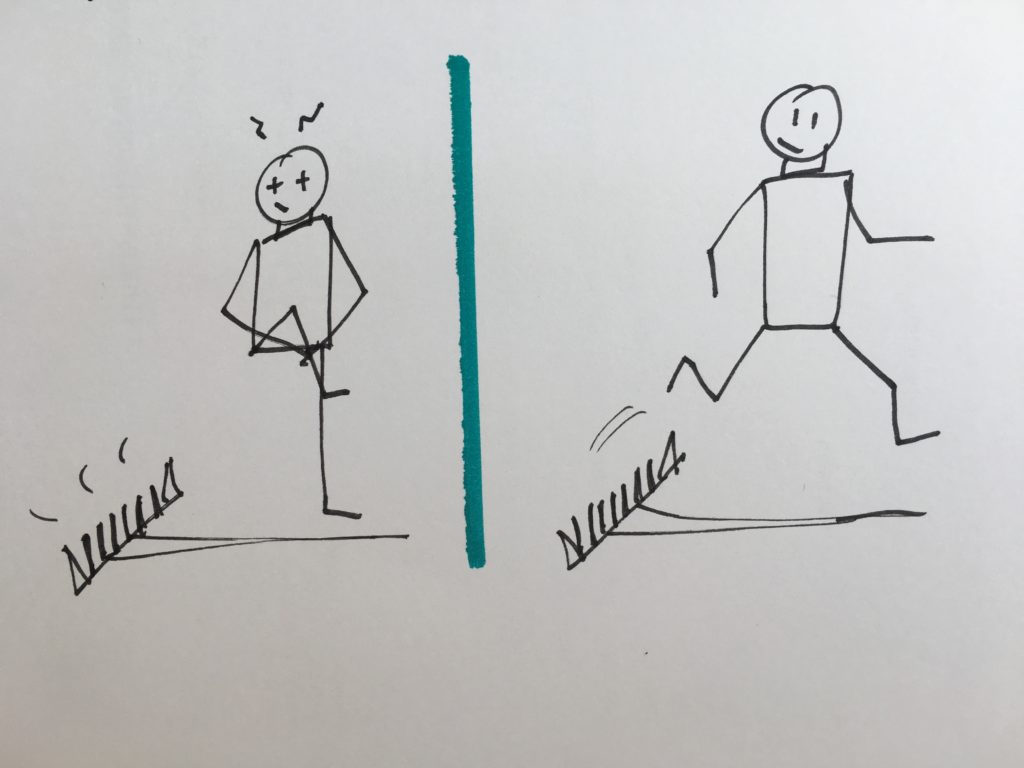
Knowledge Management (KM) implies creating, using, sharing and managing the knowledge of people from an organization. Some of the benefits of supporting the processes of KM are clear and well-known. The PMBOK(R) Guide 6th edition adds the chapter 4.4.2. ‘Manage Project Knowledge: Tools and Techniques’ in recognition of KM importance.
KM is about people, processes and technology so it should support people and make their work-life easier. It is important for:
- avoiding reinventing the wheel

- reusing documents and ideas

- taking advantage of experienced employees and their expertise

- avoiding making the same mistake twice

- rewarding through a nice recognition system

How Technology Changed People and Organizations
In the past, when you knew how to do or make something you would share your know-how with family, friends and neighbors in a natural and easy way. It could be how to paint a wall, how to cook a certain dish, how to repair a shoe or anything you can imagine of. Elderly people had more experience and expertise and were happy to share it with the younger generations. It was their purpose in life.
When did this purpose of life change? Probably all changed when the Information Technology started to dominate the world. Nowadays elderly generations are often no experts in new technologies. It is rather the younger ones who teach the older ones how the new technologies work. Is this generally applicable to the employees of an organization? We should not ignore that previous generations have more experience which could be very useful for younger generations. Therefore, how can we make sure that the technology works for all the people and not vice-versa?
Using IT-driven KM can be a double-edged sword. Technology connects those who have the expertise with those who need it when they need. It opens doors for communication and information exchange across organizational and geographical boundaries. But, does it also facilitate exchange of knowledge? Technology can also close doors when it comes to sharing knowledge. If the technology is too complex or requires too much time and effort, then it is more a barrier than a help.
Creating a Knowledge Sharing Culture
Many organizations struggle to run effective KM processes. ‘Knowledge’ on its own is related to a person and his/her know-how, his/her ability doing something or his/her expertise on a certain topic gives him/her a certain power.
It is crucial to create a culture that supports knowledge sharing and re-use. Making people understand that knowledge sharing can benefit them personally through examples of how they can improve their performance is the base of this culture. Putting the own experience into words or writing it down is extremely valuable. The face-to-face exchange of experience can happen in a formal way such as in a meeting or a workshop or less formal such as at a coffee corner.
In order to create such a knowledge sharing culture, this should be supported by all the departments and be part of the job requirements. In my experience as a former administrator of a KM system, colleagues often said they had no time to complete any KM process, they were too busy. Normally they mean it is not a priority. Including it in job descriptions and using it in appraisal programs would support KM culture to a large extent, and would make everyone spend time on sharing their knowledge.
It is popular to share ‘best practices’, but not to share ‘worst practices’. Even though you would probably learn more from what-went-wrong than from what-went-well. These ‘lessons learned’ would provide some essential learning, no matter what generation you belong to. We should celebrate or at least accept mistakes in order to avoid making the same mistake twice.
The Process of Motivating People
Many people think they become dispensable when they share what they know, what they learned while managing a project. How can we motivate employees to share their knowledge and expertise? Somebody with wide project management experience said: “You cannot motivate them, you have to force them”. I agree only partially. I have seen that colleagues shared their knowledge for three reasons:
- If they were forced as it was part of their performance plan (e.g. bonus),
- If they received positive feedback from their contribution
- If they felt they were recompensed. Recompense does not have to be monetary, but moreover in form of recognition and value: Public recognition, acknowledgment, a symbolic prize, or a voucher.
You only become dispensable when you stop adding value to the company, when you stop learning, when you don’t feel being part of something.
Sharing knowledge is still a challenge for many organizations. It is the human nature to love having power. Since knowledge is power, it remains a challenge to motivate employees and teams to share this power.
One thought on “Can we Motivate you to Share your Knowledge?”